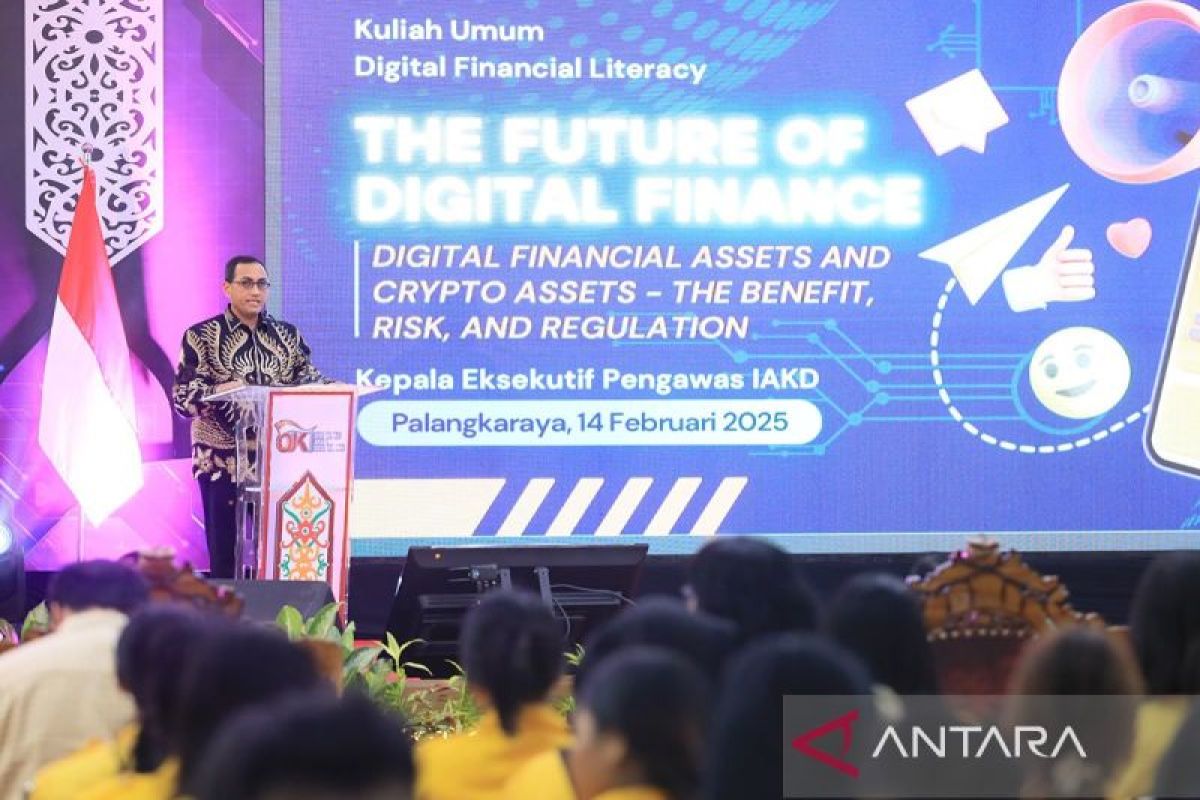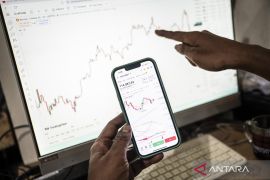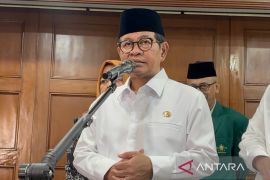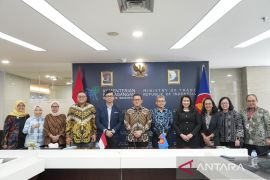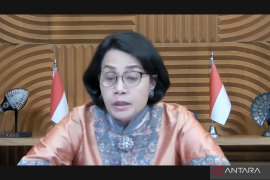Indonesia ranked third in the Chainalysis 2024 global crypto adoption index, which reflects the public’s enthusiasm and interest in the digital asset.
However, neighboring countries such as Vietnam and Thailand have continued to move forward with government regulations and incentives that could erode Indonesia’s competitive crypto edge in a short time.
Thailand, for instance, has just announced a five-year personal income tax (PPh) exemption policy for individuals using local crypto exchanges.
With a tax cut of 15 percent offered until the end of 2029, the Land of White Elephants is sending a strong signal that it wants to become the center of crypto activity in Asia.
Vietnam is no less ambitious. In mid-June 2025, the Vietnamese government passed the Digital Technology Industry Law, which incorporates crypto assets in a formal legal framework with strict anti-money laundering (AML) and anti-terrorism supervision.
Proper regulation key
Despite the competition among Southeast Asian countries, Indonesia has a fairly large crypto market potential.
According to the Financial Services Authority (OJK), the value of crypto asset transactions in Indonesia reached Rp32.45 trillion (US$1.9 billion) in March 2025, relatively stable compared to Rp32.78 trillion (US$2 billion) in February.
On the investor side, the number of crypto asset consumers increased from 13.31 million in February to 13.71 million in March.
Chief executive of financial sector technological innovation, digital financial asset, and crypto asset supervision at the OJK, Hasan Fawzi, said that this achievement will continue to grow along with the large number of crypto investors in Indonesia.
As of April, Indonesia has 1,444 tradable crypto assets. The OJK has also approved permits for 22 entities in the crypto asset trading ecosystem.
However, Tokocrypto CEO Calvin Kizana said that Indonesia must immediately prepare to face increasingly fierce regional competition.
“Indonesia has great potential as a crypto market, but we cannot be complacent,” he said.
“In order not to be left behind by Vietnam and Thailand, there needs to be strong synergy between the government, industry players, and the community to create supportive regulations, massive education, and incentives that encourage adoption,” he added.
Currently, the task of supervising crypto assets in Indonesia has shifted from the Commodity Futures Trading Supervisory Agency (Bappebti) to the OJK.
This transfer of authority is not just an administrative change, but mandated by Law No. 4 of 2023 concerning the Development and Strengthening of the Financial Sector (UU PPSK).
In Indonesia, crypto assets are still categorized as commodities, not legal tender. These digital assets can be traded on registered and supervised exchanges, but not for the sale and purchase of goods and services yet.
In addition, the crypto ecosystem in Indonesia still relies on the old taxation scheme. Each crypto transaction is subject to a final PPh 22 of 0.1 percent and VAT of 0.11 percent.
This tax scheme has been in effect since May 2022, and is still considered a heavy burden by some industry players, especially amid tight regional competition.
It has also become a concern for crypto industry players in Indonesia.
According to Kizana, Thailand’s move to provide tax incentives can be studied by the Indonesian fiscal authorities to create pro-industry policies.
In addition, the legal clarity and road map for technology adoption, such as the one implemented by Vietnam, could also provide inspiration, especially in efforts to create a sense of security for investors and technology developers.
Indonesia, which does not yet have a specific law on digital assets or cryptocurrencies like Vietnam, poses regulatory uncertainty, especially for institutional investors.
Kizana emphasized that there is still room to improve current regulations to make them more adaptive to the development of blockchain technology and new business models, such as decentralized finance (DeFi), asset tokenization, and the Web3 economy.
“We believe that with progressive regulation, cross-sector collaboration, and shared commitment, the Indonesian crypto industry can not only survive, but also become a leader in Southeast Asia,” he said.
However, efforts to strengthen the national crypto ecosystem cannot rely on regulations alone. He highlighted the importance of providing fiscal incentives, increasing digital literacy, and lending real support to local startups and developers.
A supportive ecosystem is needed from upstream to downstream, starting from education, funding, incubation, to legal protection. That way, the potential of the crypto market in the country can be developed in a sustainable manner.
Middle East pressures
Amid the prevailing situation, challenges arising from geopolitical turmoil cannot be ignored. The conflict between Israel and Iran and US economic uncertainty have been proven to significantly affect crypto market sentiment.
The value of Bitcoin and major Altcoins has experienced sharp fluctuations amid uncertainty over the continuation of the ceasefire brokered by the US in the Middle East.
As of 3 p.m. Western Indonesia time (UTC+7) on Wednesday, the price of Bitcoin was recorded to have increased by 0.6 percent to US$106,679.
Ethereum rose 1.28 percent to US$1,434.78, tracking market optimism of regional stability after the ceasefire.
However, the rally was overshadowed by investor profit-taking and doubts over whether the peace deal will last. The crypto market’s dependence on global geopolitical sentiment shows how vulnerable this industry is to external disruptions.
The speculative nature of crypto makes it very sensitive to changes in global dynamics. Therefore, building the resilience of the domestic ecosystem is important so that it is not easily swayed by external developments.
In order to survive, Indonesia must not only become the center of the crypto market, but also blockchain innovation that is resistant to global volatility.
Collaboration is needed between regulators, industry players, and educational institutions to produce more competent digital talents.
Indonesia needs many developers, blockchain engineers, and cybersecurity experts who understand the challenges and opportunities in this industry.
This is because the future of the digital economy cannot be separated from the development of blockchain and crypto assets.
Indonesia must not be careless in the midst of the crypto industry race since blockchain and digital assets are part of future technologies that need to be developed together.
Related news: Jokowi urges vigilance against money laundering in cryto assets
Related news: Registrations for National Crypto Exchange open till Aug 17: Bappebti
Related news: Trade Ministry, Bappebti launch Indonesia's first crypto exchange
Translator: Bayu Saputra, Yashinta Difa
Editor: Azis Kurmala
Copyright © ANTARA 2025
